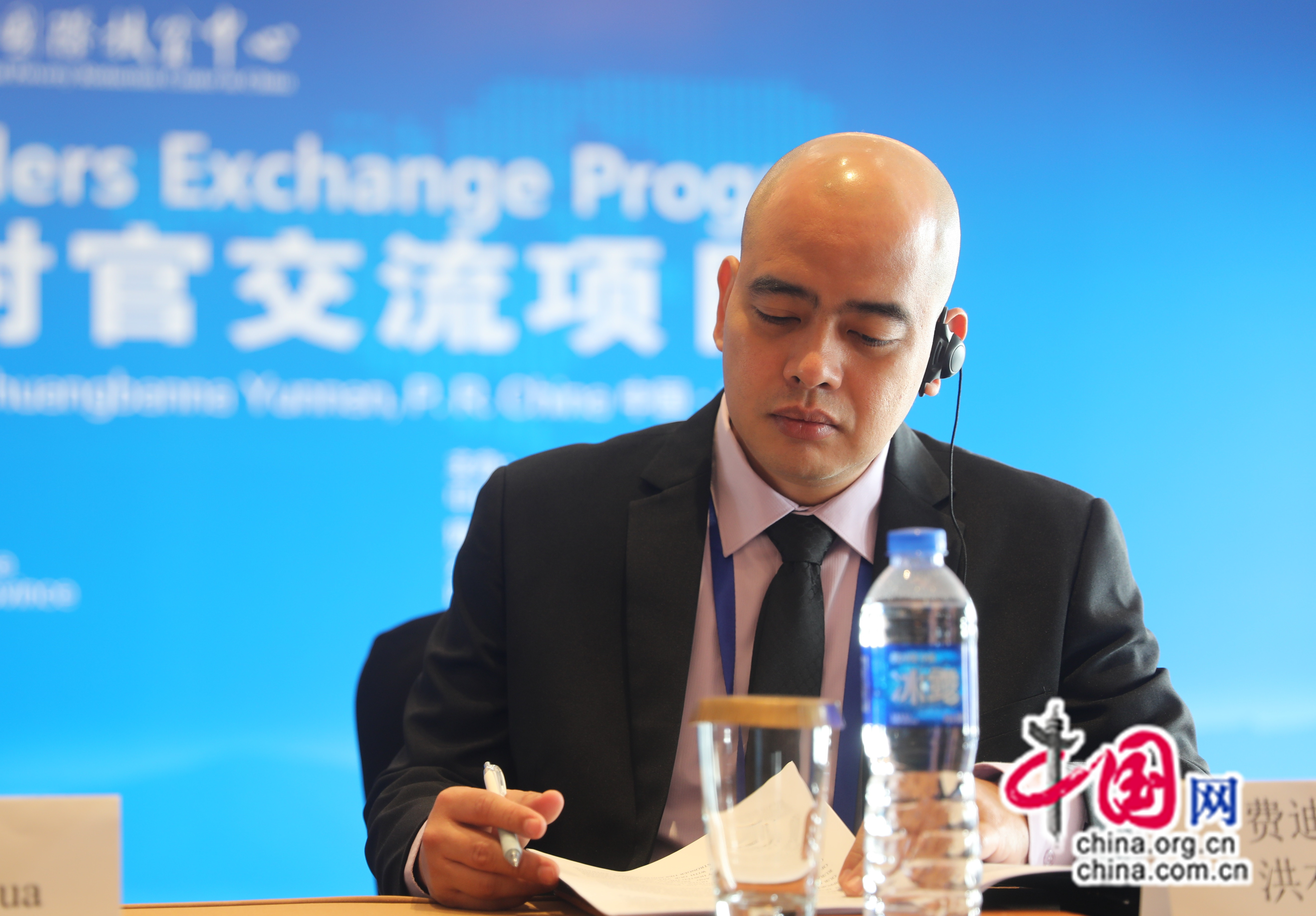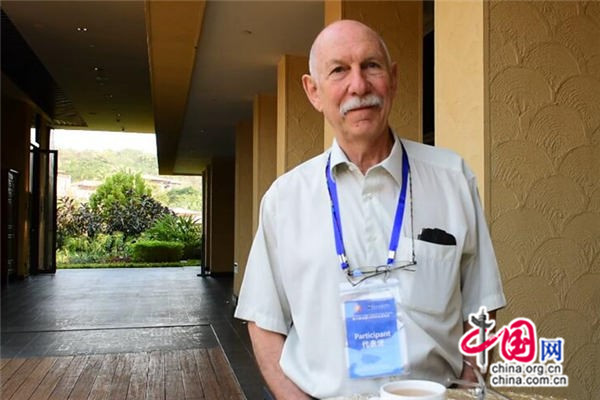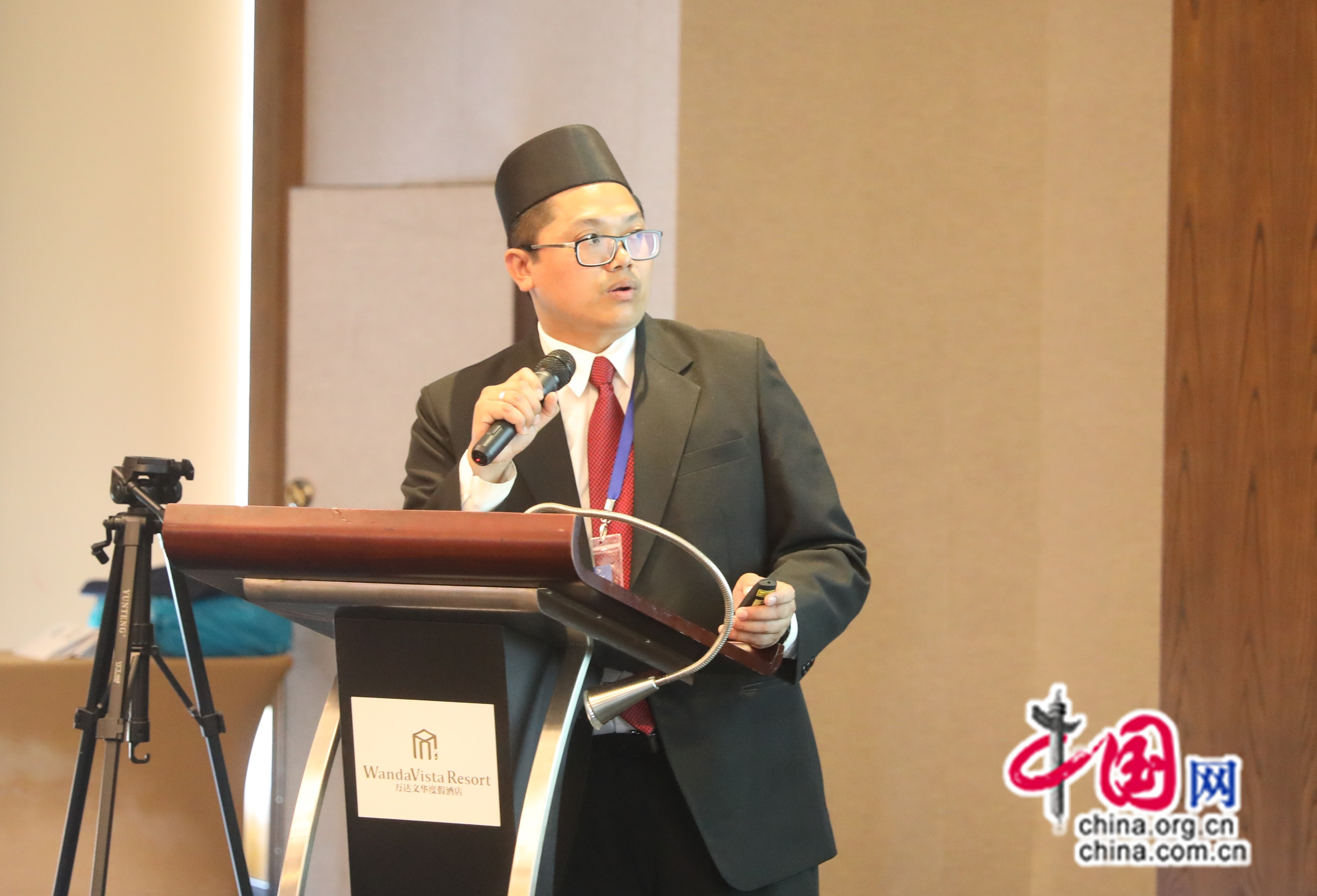Experts: China's experience in poverty reduction opens a new area for international cooperation
China.org.cn/Chinagate.cn by Jin Ling, He Yuyang,October 02, 2019 Adjust font size:
China's achievements in poverty reduction attract wide attention from the world. The ASEAN officials and international experts say China's success in poverty reduction and economic development is worth the ASEAN members to learn and take it as reference. Chin's cooperation with other countries is entering a new era.
“We will deepen friendships and achieve common development with our neighbors and enhance unity and cooperation with other developing countries,” said Chinese Premier Li Keqiang on March 5, 2018 when presenting the annual government work report.
Ferdinand Hombrebueno, Director of Basic Sector Coordinating and Advocacy Services at the National Anti-Poverty Commission of the Philippines, spoke highly of the cooperation between China and the Philippines, saying that China has been an important trade partner of the Philippines since ancient times. Under the leadership of Chinese President Xi Jinping and Philippine President Rodrigo Duterte, the two countries have established a strong cooperation partnership on economic and social development. They are enjoying the fruitful cooperation and the benefits.

Ferdinand Hombrebueno, Director of Basic Sector Coordination and Advocacy Service, National Antipoverty Commission of the Republic of the Philippines
“We've seen China impressively rise economically above the rest of the globe in the past three decades, emerging as one of the leading players in the global arena. I am looking forward to learning from China and our ASEAN counterparts,” said Mr. Hombrebueno, adding that both China and the Philippines are facing the challenges from home and outside simultaneously, and “cooperation is the key to promote our economic prosperity and improve our people's living standard".
Mr. Hombrebueno also described the ASEAN+3 Village Leaders Program hosted by the IPRCC as"a venue for community leaders to acquire and arm themselves with new tools on how to combat poverty in their respective localities.""This opportunity to share valuable knowledge and experience on rural development and poverty alleviation is a significant effort of the ASEAN and our partners in East Asia for regional cooperation for the benefit of our people,” he said.
When reviewing the work over the previous five years, Premier Li Keqiang stressed in the 2018 government report that the progress China had made in the fight against poverty was decisive: More than 68 million people were lifted out of poverty, including a total of 8.3 million relocated from inhospitable areas, and the poverty headcount ratio dropped from 10.2% to 3.1%. As an epitome, Mengban Village in Mengban Town, Mengla County of Xishuangbanna in Yunnan Province witnessed China's hard won campaign against poverty.
Hebian, a sub-village of Mengban Village, had lived with poverty for a long time. In the past, Hebian only had 59 households with a population of 215, and the per capita net income in 2015 was just 2679 RMB. The villagers used to live in the crude wooden barracks with asbestos roof. The poverty issue used to be the biggest burden on the local Yao people due to the remote location and the poor infrastructure. But in February 2016, a whole-town-action program was launched in Hebian; with the financial supports from government, the villagers began to build infrastructure, improve old houses and develop trade. Within the following two years, a lot of Yao-style wooden buildings rose straight from the ground. By the end of 2017, all the infrastructure facilities inside and outside the village had been finished bringing a fundamental change to Hebian. Most of the families in the village have begun to run an inn.

Dr. Ing. Dieter Albrecht, Poverty Reduction Expert from Germany
Dr. Ing. Dieter Albrecht, an expert on poverty reduction from Germany, has been to Hebian for several times and witnessed the rapid changes.
“People from city areas say, here we have nice air, we have fresh and clean water, so we like to stay here. And the houses they serve, very unique, very exceptional, they are so attractive that they probably have got chance to start their own business and they are so sustainable in that,” he said.
Dr. Albrecht also considers a platform like the ASEAN+3 Village Leaders Program as important, saying “It’s quite important that the village leaders or the representatives come together. You could see presentations, very different presentations and they have all their specific issues. So I think it’s a very valuable occasion to communicate with each other, to learn from each other, and to develop together.”
Meanwhile, Mohamad Yassin Haji Ahmed, Assistant District Officer in Brunei and Muara District Office in the Ministry of Home Affairs Brunei Darussalam, was surprised by the degree of modernization when visiting Huilong, a sub-village of Bubang Village in Mengla Town. As an epitome of relocation from inhospitable areas, not only has the living standard of the Huilong villagers been improved, but facilities like toilets, roads and hospitals have now been in place.

H.E. Mohamad Yassin Haji Ahmed, Assistant District Officer, Brunei and Muara District Office, Ministry of Home Affairs Brunei Darussalam
“There is a housing scheme in Brunei. But people have to apply for it by themselves. In China things are quite different, because the government will go find where the poor people are and give them supports. I think China’s policy is better,” said the officer.